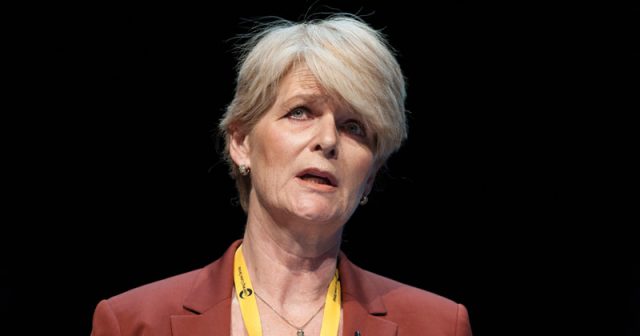Students would only be able to apply to universities after seeing their A-level and other qualification results under a Labour government.
The party has today pledged to “radically reform” higher education admissions by scrapping offers based on predicted grades.
Labour said the current system, where college and sixth form student applications are made by January – months before sitting their exams in early summer – unfairly penalises disadvantaged students and those from minority backgrounds.
“This would put a further squeeze on the amount of teaching time available”
Its proposed “fairer system” of post-qualification admissions (PQA) would “curb the sharp rise in unconditional offers” and bring an end to the “stressful” clearing process.
Similar plans were ditched in 2012 after a review by the Universities and Colleges Admissions Service (UCAS) found “insurmountable” problems, including less teaching time as exams would need to be brought forward in the year.
The review said the changes were also impractical because students from the four countries of the UK sit their exams at different times of the year, and students might research their university options less thoroughly.
Labour hasn’t addressed those issues in its announcement today. But shadow education secretary Angela Rayner (pictured) said they will work with schools, colleges, and universities to “design and implement the new system, and continue to develop our plans to make higher education genuinely accessible to all”.
She added the current system “isn’t working” and “radical action is needed to change that”.
The Sutton Trust has previously warned poorer students are more likely to have their grades under-predicted than their wealthier peers, meaning they are less likely to apply to the most selective institutions.
But Clare Marchant, UCAS’ chief executive, said while a post-results admissions service has a “natural appeal”, it would be “likely to significantly disadvantage underrepresented and disabled students”, unless school, college and university calendars changed.
“Young people need their teachers’ support when making application choices, and this isn’t readily available to all at the scale required when schools and colleges are closed during August.”
Former UCAS chief executive Mary Curnock-Cook told FE Week that Labour would need to pull some “major system changes out of the hat to ensure that it doesn’t become just one big clearing process over a few short weeks in the summer holidays”.
She said having the “choice of applying early and getting a motivational conditional offer, or applying post-qualifications in what is now a very professional clearing system, is the best of both worlds”.
Bill Watkin, chief executive of the Sixth Form Colleges Association, said a review of current arrangements is “welcome”, but “many of our members are concerned that making offers after the publication of A-level results would mean that exams would have to take place at least a month earlier”.
“This would put a further squeeze on the amount of teaching time available – time that has already been reduced following the introduction of linear A-levels,” he added.

David Hughes, chief executive of the Association of Colleges, said the current admissions system “concerns” colleges and “it is clear that pre-results applications are problematic” as “only 16 per cent of applicants achieving their predicted A-level grades”.
“We are keen to explore other approaches and with more than half of university students coming from colleges it is vital that colleges are part of the ongoing discussions about how to make the system work better,” he added.
Labour said PQA is the norm across the world, and England’s reliance on predicted grades is an international outlier.
Jo Grady, general secretary of the University and College Union, believes allowing people to apply after they receive their results would “help level the playing field for students”.
“The current system, based on inaccurately predicted results, is failing students and it is time we adopted the type of system used around the rest of the world where university offers are based on actual achievements instead of guesswork,” she added.
A Department for Education spokesperson said: “Universities must ensure their admissions practices are fair, to ensure everyone can access higher education, or they will face action.”
She added that the Office for Students and Universities UK are already undertaking a review of university admissions to “look at how well current practices serve students and we urge all groups to support them to see how they can be improved”.









Your thoughts